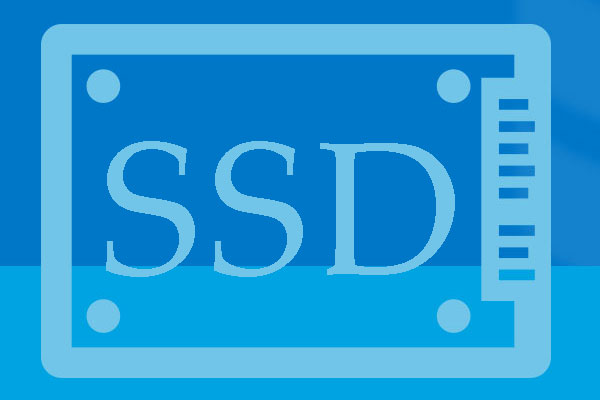SSD becomes increasingly popular, and consumer SSD speeds are on the track to hit a mind-bogging 7GB/s next year. In this article, MiniTool Partition Wizard will talk about something about this thing.
Consumer SSD Speeds up to 7GB/s
As mention in the consumer SSD speeds, we have to mention Phison, a company name.
You might not be familiar with it, but this company is one of the main reasons why we are seeing consumer SSDs push the speed envelope, with lots of drivers reaching up to 5GB/s of sequential read performance (Disk Benchmark can measure the storage performance) when paired with an X570 motherboard. It is also the reason why we will see SSDs reach even faster speeds next year, at 7GB/s.
Note:
Phison Electronics Corporation is a Taiwanese public electronics company that primary manufactures controllers for NAND flash memory chips.
These chips are integrated into flash-based products such as USB flash drives, memory cards, and SSD.
To power all of these speedy SSDs, Phison mixes the controller into SSDs. One thing these blazing-fast 5GB/s drives have in common is that they use Phison’s PS5016-E16 controller.
Note:
The PS5016-E16 has eight 800 MT/s NAND channels for ultimate parallelism and sequential read performance of up to 5 GB/s (write speeds depend on the actual chips/SSD capacity, in the best case scenario it is said to reach up to 4.4 GB/s).
Nowadays, Phison is already planning to make its next-generation PS5018-E18 controller. Built on the success of PS5016-e16, E18 is to deliver higher levels of performance.
To put it much clearer, it is being designed on a 12nm process node, and will be capable of enabling 7GB/s speeds for both reads and writes. It will also support capacities of up to 8TB.
However, some caveats that come with this type of pedal-to-the-metal performance.
- You need a motherboard that supports the PCI Express 4.0 spec, and until now only boards on AMD’s X570 chipset quality (technically, some X470 motherboards could be updated to support PCIe 4.0, but to prevent confusion, AMD has instructed motherboard makers not to do that).
- Cooling is another caveat. SSD deals with heat by throttling when things get too hot. Therefore, to maintain the kind of speeds that PCIe 4.0 drives can archive, expect adequate to play a critical role.
- This all overkill for a PC that is strictly used for gaming. The best SSD for gaming can still be a SATA-based drive, where speeds top out at around 500-580MB/s.
Phison contributes to improving consumer SSD speeds. If nothing else, faster drives could potentially push down the price of slower models.
As for where things ultimately go, 7GB/s may be the end of the road for M.2 NVMe SSDs, as it pertains to plugging them into an embedded M.2 slot.
The theoretical maximum for PCIe 4.0 x4 is around 7.88GB/s. Some loss of performance is inevitable because of overhead.
Much Faster SSD Available in Future?
The official PCIe 5.0 standard came out in May 2019. It will bring 128GBps of throughout. You may doubt if Phison thinks even faster drivers will arrive before PCIe 5.0 permeates the market. There is no exact answer. Wait patiently for more information.
Final Words
This article comes to an end. Let’s wait for SSDs with 7GB/s speeds for both reads and writes to be launched in the next year.


User Comments :